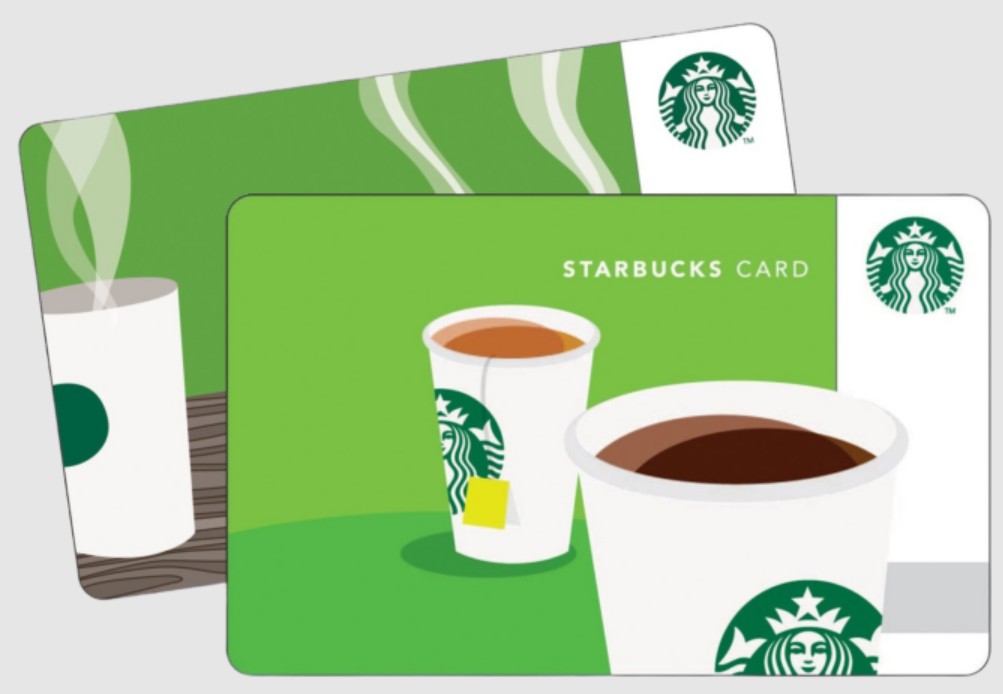How behavioural marketing can boost sales
Today we are going to explain how behavioural marketing can boost your sales. Behavioural marketing is a technique that uses behavioural psychology and behavioural economics to influence consumer decisions. This technique is based on the idea that purchasing decisions are not always rational, but are influenced by emotional and psychological factors. Therefore, in this post we are going to unlock our consumers’ minds so that behavioural marketing can help us boost our sales.
A phrase may be more action-inducing than others because it uses certain psychological principles that influence our behaviour. For example, words that recall strong emotions such as happiness, fear or shame may have a stronger impact on our purchase decision than neutral words. Moreover, sentences that are concise, direct and easy to understand are also more effective than those that are complicated or confusing.
There are several types of cognitive biases that influence consumer behaviour. Among the most common ones we can highlight:
- Confirmation bias: causes people to seek out content that confirms their prior beliefs and ignore information that contradicts them.
- Availability bias: makes people value more highly information that is easily accessible and that they have recently heard or read.
Some examples…
Now that you have this information, here are some examples of marketing actions or advertising campaigns that use behavioural marketing:
- A beauty company may use phrases such as “Look younger in just two weeks” to induce consumers to buy its products.
- A travel booking website can use availability bias by displaying “Only three rooms left” to create a sense of urgency and motivate consumers to book quickly.
- A financial services company can use the anchoring bias to influence the perception of the price of its services by presenting the price as a limited offer rather than a standard price.
To use behavioural marketing effectively, here are 3 recommendations that you can start applying in your next campaigns:
- Know your target audience: Identify the psychological factors that influence the purchasing decisions of your target audience and adapt your marketing strategy to them.
- Use A/B testing: Conduct tests to determine which phrases, images or calls to action are most effective in inducing action. This can help you optimise your marketing campaigns and maximise your return on investment.
- Be ethical: Make sure your behavioural marketing tactics are ethical and not manipulative. Do not use behavioural marketing to mislead consumers or to persuade them to do something that is not beneficial to them.
In short, behavioural marketing is an effective technique for influencing consumers’ purchasing decisions. By understanding the psychological principles and cognitive biases that influence consumer behaviour, companies can create effective and ethical marketing strategies to increase sales and maximise return on investment.
Starbucks case study
So that you don’t walk away with any doubts, we leave you with a success story that uses behavioural marketing.
A successful example of behavioural marketing is Starbucks’ loyalty programme, which uses various behavioural psychology techniques to motivate consumers to make frequent purchases.
- Starbucks’ loyalty programme uses the principle of reciprocity, offering customers discounts, free drinks and other rewards for their loyalty. By offering rewards for purchases, Starbucks is using the principle of operant conditioning to strengthen the desired behaviour of frequent purchase.

Starbucks loyalty card

Exclusive offer for Starbucks members

Free drink offer for 5 drinks previously consumed
- In addition, this programme uses the anchoring principle to influence the price perception of its products. By pricing its beverages in terms of “stars” rather than dollars, Starbucks creates a psychological anchor that makes consumers value its rewards more highly and feel more motivated to spend more money on the brand.
- Another technique used by the programme is the principle of commitment and consistency. By getting consumers to sign up for the programme and complete their profile, Starbucks is engaging consumers with the brand and making them more likely to continue shopping in the future.
Overall, the Starbucks loyalty programme has been a great success, with more than 23 million members worldwide and contributing significantly to the brand’s sales and profits. The programme has been recognised for its effective use of behavioural psychology and behavioural economics in motivating consumers to make loyal and frequent purchases.
See you in an upcoming post.










